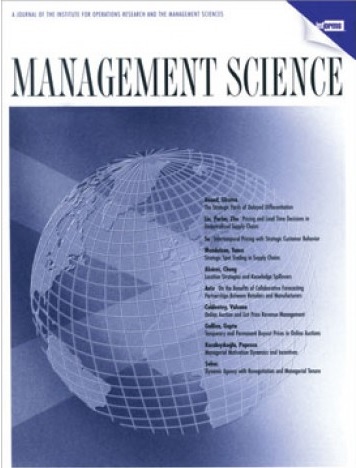
On the Nonexclusivity of Loan Contracts: An Empirical Investigation
We study how a bank's willingness to lend to a previously exclusive firm changes once the firm obtains a loan from another bank ("outside loan") and breaks an exclusive relationship. Using a difference-in-difference analysis and a setting where outside loans are observable, we document that an outside loan triggers a decrease in the initial bank's willingness to lend to the firm, i.e., outside loans are strategic substitutes. Consistent with concerns about coordination problems and higher indebtedness, we find that this reaction is more pronounced the larger the outside loan and it is muted if the initial bank's existing and future loans retain seniority and are protected with valuable collateral. Our results give a benevolent role to transparency enabling banks to mitigate adverse effects from outside loans. The resulting substitute behavior may also act as a stabilizing force in credit markets limiting positive comovements between lenders, decreasing the possibility of credit freezes and financial crises.





